Saudi Arabia's Crown Prince arrives in Tunisia as 100s protest his visit
Saudi Arabia's Crown Prince Mohammed bin Salman has arrived in Tunisia as hundreds of people staged protest rallies across the North African country, denouncing the kingdom's de facto ruler as a murderer of prominent dissident journalist Jamal Khashoggi, who was killed after visiting the Saudi consulate in Turkey’s largest city of Istanbul last month.
Bin Salman told Tunisian state television late on Tuesday that Saudi Arabia and Tunisia have long had good relations.
"I cannot come to North Africa without visiting Tunisia ...Tunisian president (Beji Caid Essebsi) is like my father,” he added.

Earlier in the day, protesters marched through the central Habib Bourguiba avenue in the capital Tunis, on the second day of demonstrations against the Saudi crown prince’s visit to Tunisia.
“The reasons that encouraged me to take part in this demonstration are that this person, can be blamed for two things. First the massacres that are taking place in Yemen and he is clearly responsible for that. Children are dying as well as the hunger, poverty and misery in Yemen.
“Second, this man is against all liberties, any form of liberty, (including) freedom of expression of the press, of women, and of the emancipation of women. What would be positive enough to welcome him?” university professor, Chedli Nafti, said.

Civil society activist, Mourad Zaalouni, said, “We demonstrate today to denounce against the visit of the Saudi Crown Prince Bin Salman to Tunisia and is wrong that we are hosting him here officially. This is wrong for the Tunisian state and for the Arab Spring.”
He added, “Seeing someone whose hands are stained with the blood of the Syrians and the Yemenis. This Crown Prince is the biggest support to the Zionist entity in the Arab world. He relied on Israel's support to hide the responsibility of the death of Khashoggi. This visit is part of a regional agenda to harm the Arab Spring.”
Khashoggi was killed on October 2 after entering the Saudi consulate in Istanbul.
Once inside, he was immediately strangled and then dismembered, according to the Istanbul Prosecutor’s office.
A senior Turkish official told The Washington Post on November 2 that the slain journalist’s body was destroyed in acid on the grounds of the Saudi consulate or at the nearby residence of the Saudi consul general.
The official, speaking on the condition of anonymity, said biological evidence discovered in the diplomatic mission garden supports the theory that Khashoggi’s body was disposed of close to where he was killed and dismembered.
“Khashoggi’s body was not in need of burying,” the official was quoted as saying.
Khashoggi, a distinguished commentator on Saudi affairs who wrote for The Washington Post’s Global Opinions section, had lived in self-imposed exile in the US since September 2017, when he left Saudi Arabia over fears of the Riyadh regime’s crackdown on critical voices.
His death has subjected the Riyadh regime and Saudi Crown Prince Mohammed bin Salman to strict scrutiny.
Hatice Cengiz, the journalist's fiancée, has accused Saudi officials of a massive cover-up.
BP to be sued in Britain for supplying oil to Israel
VIDEO | Press TV's news headlines
Israeli strikes on north Gaza hospital ‘extremely dangerous, terrifying’: Director
VIDEO | Yemen targets Tel Aviv with Palestine 2 missiles
Pezeshkian: Iran resolved to complete North-South Transport Corridor
VIDEO | Iran-Syria: For Resistance
Qassam Brigades claims killing 3 Israeli troops in northern Gaza
More alive than ever: Sayyed Hassan Nasrallah's legacy grows stronger in martyrdom











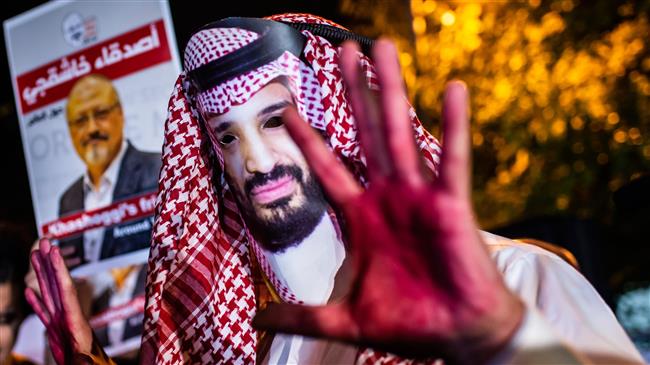
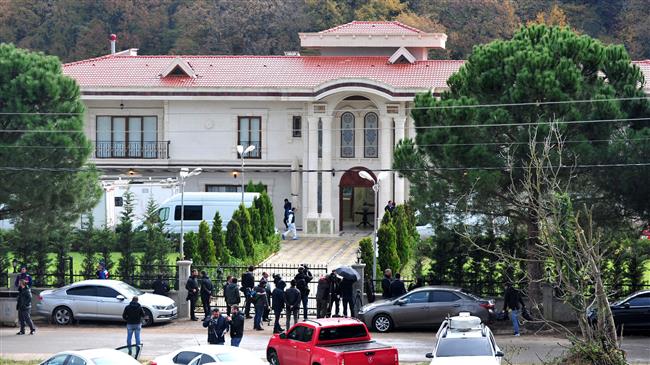
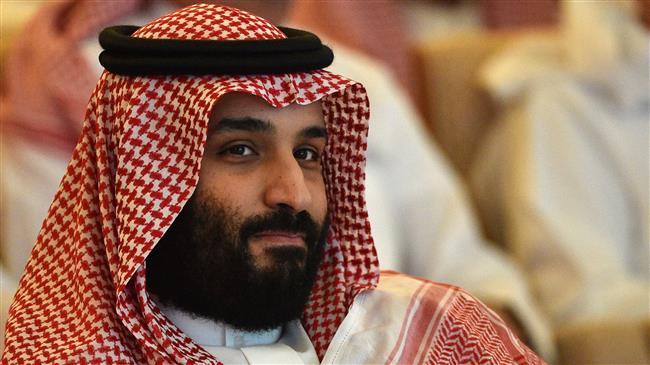
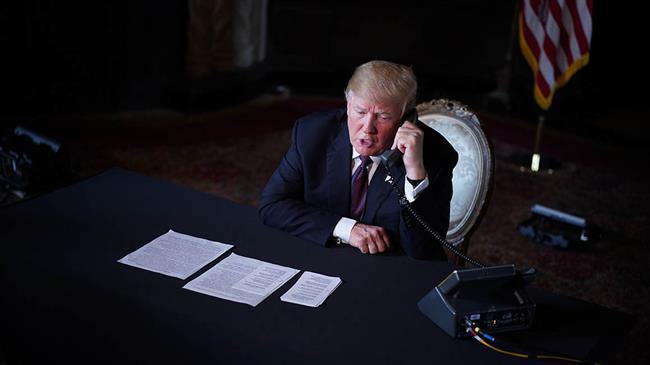
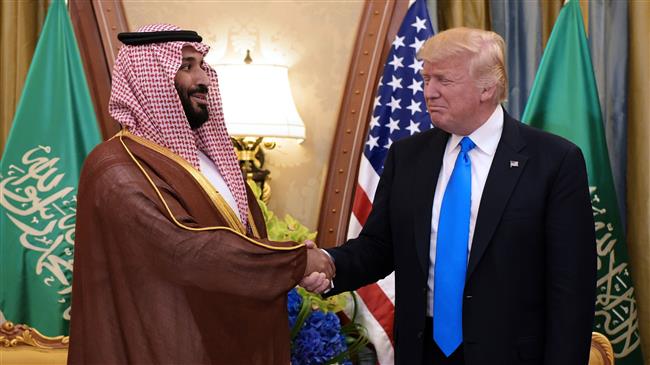
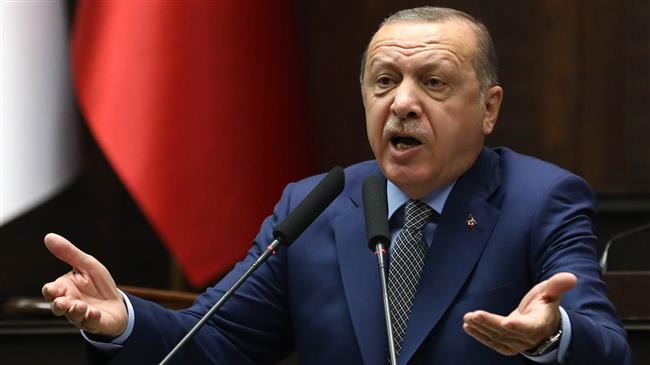

 This makes it easy to access the Press TV website
This makes it easy to access the Press TV website